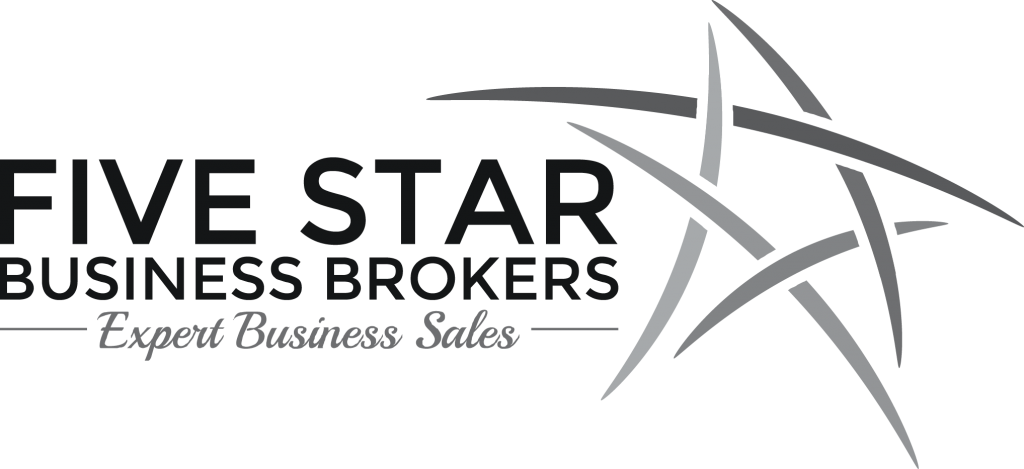Business Appraisal: Current Fair Market Value of Business
A business appraisal is the means by which businesses may be formally valued in order to determine its current fair market value. Business appraisals may inform the business owner as to the best asking price they should seek before a potential sale, but is often done for other reasons. Formal business appraisals are not necessary when selling the typical small business. Rather, a professional business broker should perform a less formal ‘business valuation’ (at no cost to the seller) as a part of the listing process.
Purposes of Obtaining Business Appraisals
- Unlike the more conventional (and free) business valuation performed by a business broker prior to listing the business for sale, small business owners typically receive former business appraisals for specific and unique purposes.
- For example, let us say two business partners are having internal turmoil and agree that one partner should buy the other partner out of their half of the business.
- The two business partners may hire a professional such as a Certified Public Accountant (CPA) with an Accredited in Business Valuation (ABV) credential to appraise their business.
- Based on the appraisal of the business, the two partners can determine the sales price for half of the business.
- Additionally, the court system may order the parties in a judicial proceeding to obtain a business appraisal.
- This may be for the purposes of obtaining the fair market value of a business left to heirs in a will or trust.
- Courts may also use business appraisals to obtain the fair market value of a business for the purposes of awarding one party damages (based on the loss of the business).
- Lastly, the Small Business Administration (SBA) will perform a formal business appraisal of the business before lending money to the business buyer.
Methods of Business Appraisals
Several different methods of appraising businesses exist which are used in different instances by business appraisers. Methods which value the net assets of a business (gross assets minus liabilities on the balance sheet) are not frequently used and should not be used for the vast majority of small businesses (under $5M or so). This is because the most important part of a small business is its present and future cash flow, which the net asset method overlooks. The most common business appraisal methods are the Capitalization of Cash Flow (CCF) and the Seller’s Discretionary Earnings (SDE) methods.
The Capitalization of Cash Flow Method of Business Appraisal
The Capitalization of Cash Flow (CCF) method determines the value of a business by dividing the annual cash flow of a business by the capitalization rate. The cash flow may be defined by the EBITDA (Earnings Before Interest, Depreciation, and Amortization) generated by the business. The capitalization rate is the rate of return that the business buyer may expect to receive from their investment. For real estate purchases, a capitalization rate is usually 5-10%. For business purchases, a capitalization rate is much higher (say 25%) because a business lacks the hard assets and safety of real estate. If the cash flow of a business is $100K/year and the capitalization rate is 25%, a business appraisal using a CCF method will determine the business to be worth $400K ($100K/25%).
The Seller’s Discretionary Earnings Method of Business Appraisal
- The Seller’s Discretionary Earnings (SDE) method determines the value of a business by applying a multiple against the adjusted owner benefit that the owner receives from the business over the last 12 months.
- It is by far the most common valuation method for small businesses, and is very similar to the standard valuation technique employed by business brokers prior to listing and selling a business.
- The SDE method first determines the annual EBITDA, and then adds back other ‘hidden assets’ or costs that are in fact economic profits derived by the owner of the business.
- These hidden assets includes the owner’s salary, personal expenses that flow through the business, unrecorded cash, and any other expenses that may be viewed as temporary or non-recurring in nature.
- This will then determine the actual owner benefit or SDE of the business.
- The multiple assigned to the SDE will vary based on the growth and longevity of the business, the physical assets of the business, to what extent the owner is absentee, special licenses that come with the business, and a range of other factors.
The Market-Based or ‘Comps’ Method of Business Appraisal
The market-based approach to business appraisal compares sales data from recently sold businesses in an effort to obtain a fair market value for the subject business of the appraisal. It is rarely used in business appraisals, and should almost never solely be used for purposes of valuing businesses. Unlike real estate, businesses are largely comprised of unique intangible assets which change over time. Recent sales data for similar businesses in similar geographic areas may shed light on the fair market value of a business, but the ‘comps’ used may often be misleading. It is also difficult to truly get under the hood and investigate the qualities of a recently sold business ‘comp’ because such information will not be publicly available.
Formal business appraisals or less formal business valuations do not have rigid formulas and will be frequently subject to debate. Often the business buyer will argue that the appraisal is too high while the business seller will argue it is too low. It is always best to know both sides of the debate and come up with an appraisal that will be as fair as possible to both sides.
Give Martin at Five Star Business Brokers of Palm Beach County a call today for a FREE evaluation of your business.
